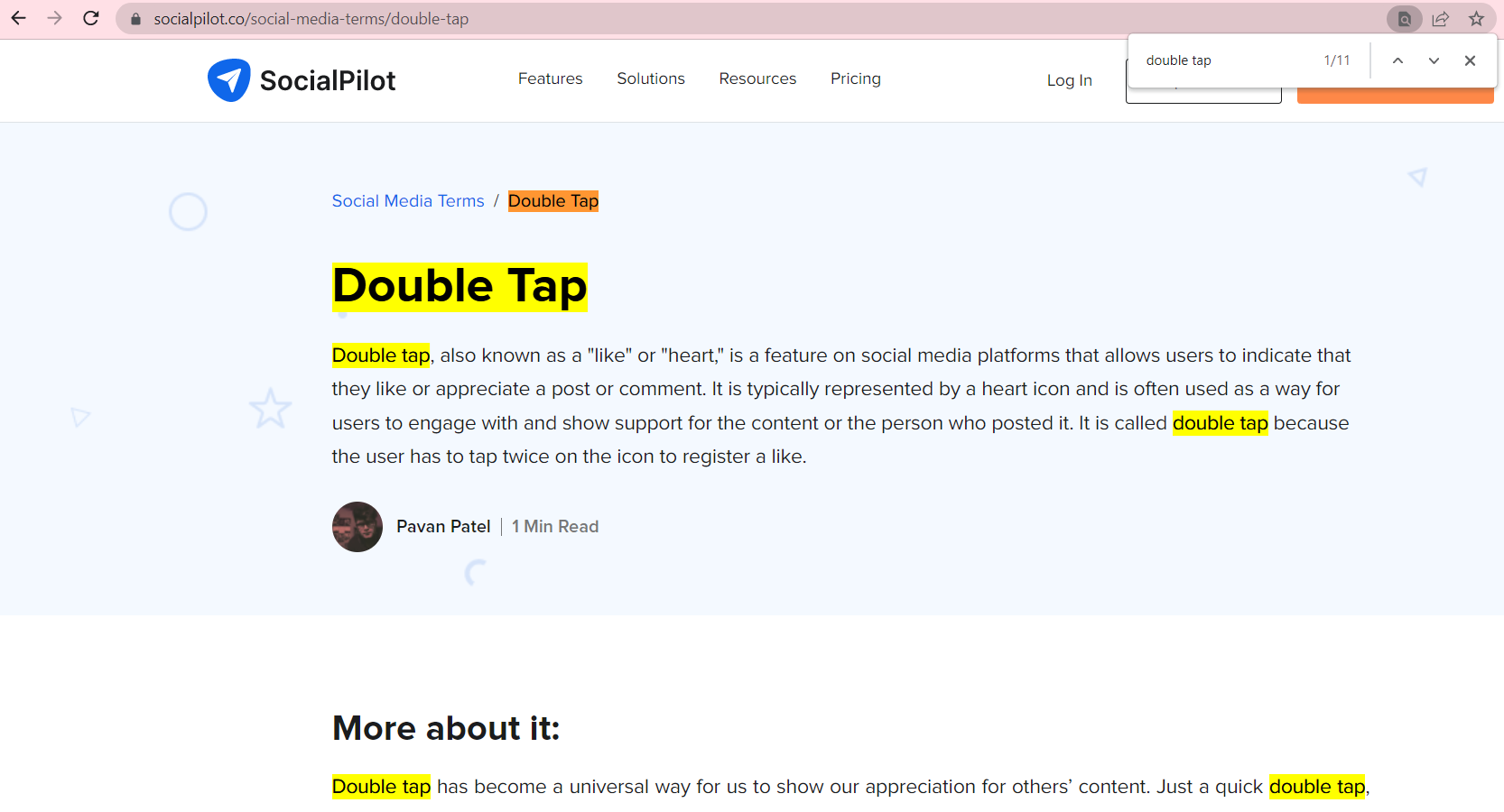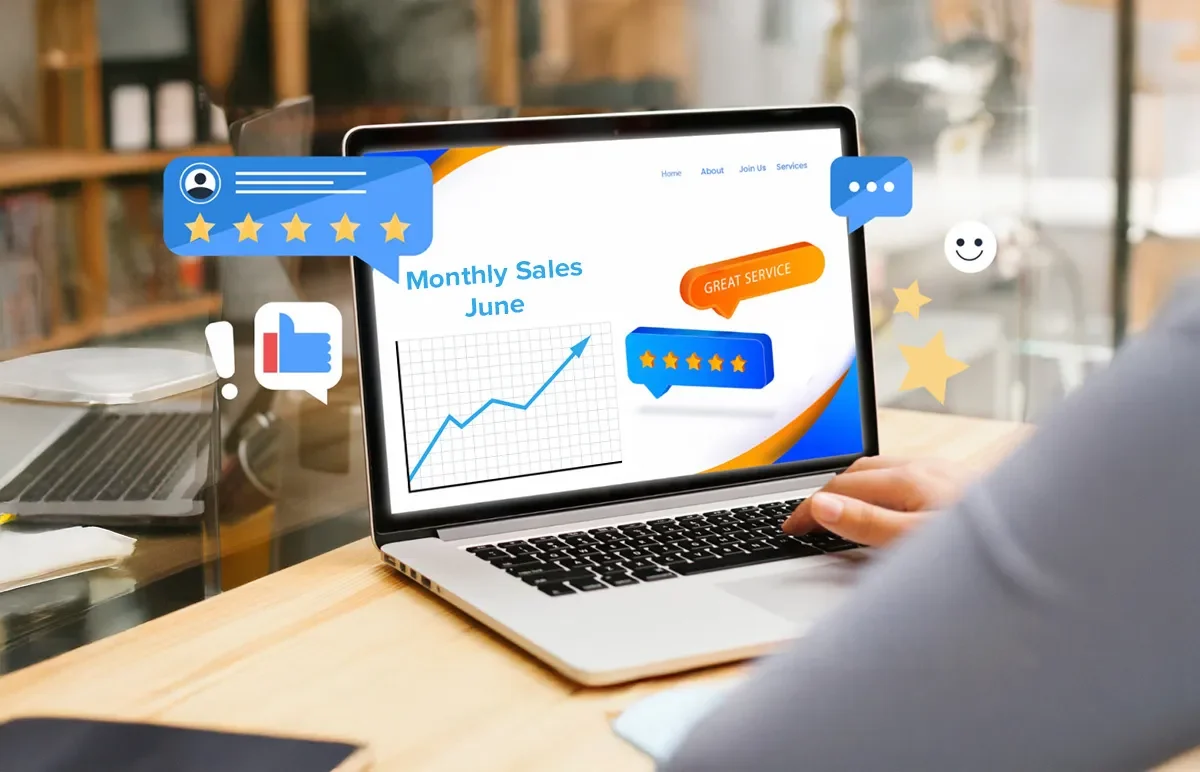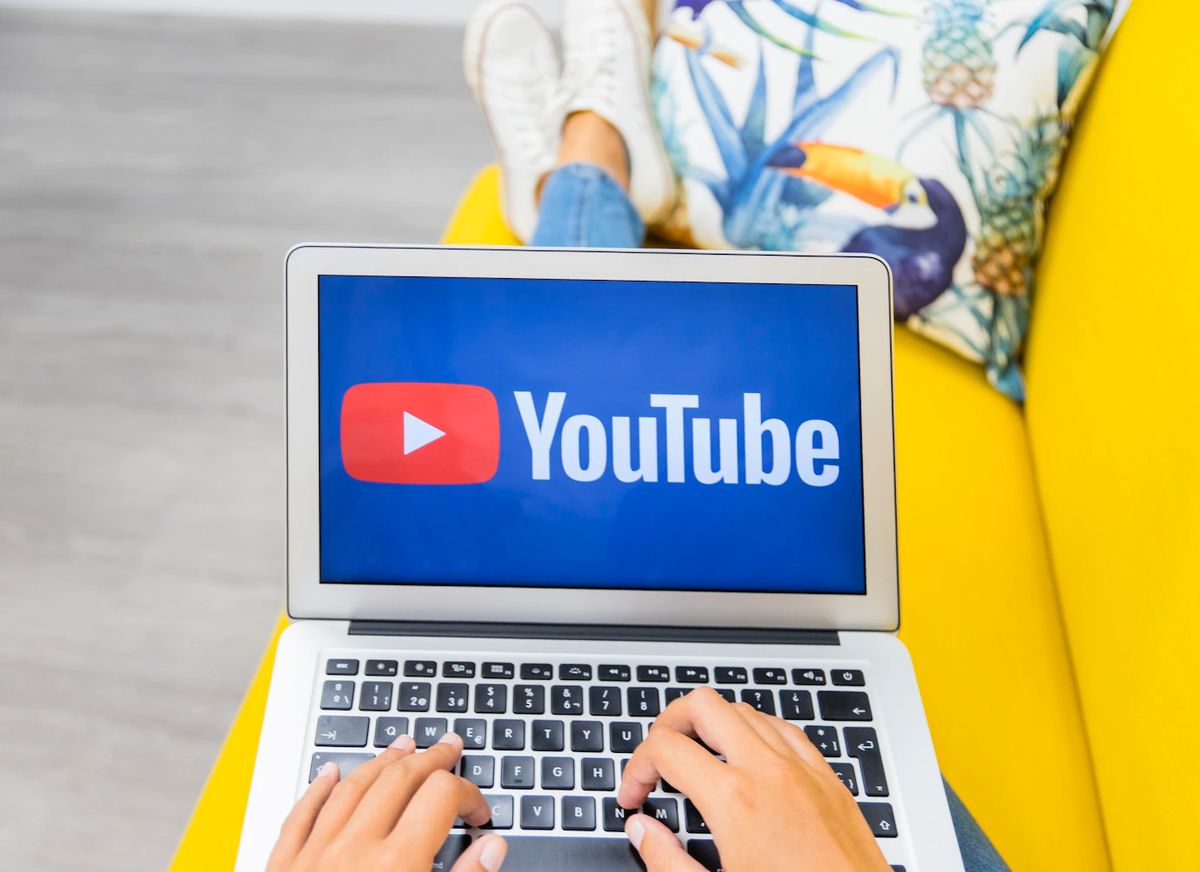More About On-page SEO
On-page SEO (or on-page optimization or on-site SEO) is the process of optimizing any webpage content for search engines and driving more traffic to the page. Various elements on a webpage are optimized as part of on-page SEO, such as title tags, internal links, content, URLs, HTML source code, and site structure.
What is on-page SEO’s relevance in today’s world of digital marketing?
Search engines focus on keywords and other on-page SEO factors to understand whether a page matches a user’s search intent. Google refers to on-page SEO signals when resolving how to rank the content of pages and prioritizes “people-first content.”
What does this mean? In simple words, it’s any content that keeps the user at the center of it all and addresses their requirements.
Hence, creating useful content that fits user intent is more essential than ever to secure a high rank on Google search engine results pages (SERPs).
According to a report, “Search Engine Ranking Factors” by Moz in 2020, content-based factors and page-level keywords are the most important on-page SEO elements. Page-level link-based factors and page-level keyword-agnostic factors follow.
So, what is on page SEO’s key elements? Here are the primary points to keep in mind for on-page search engine optimization:
- Keyword optimization: Optimizing content and meta tags to include relevant keywords naturally and strategically.
- Content quality and relevance: Creating material that benefits the audience and addresses their questions.
- Title tags and meta descriptions: Optimizing meta descriptions and title tags to incorporate relevant keywords.
- URL structure: Creating a user-friendly URL with relevant keywords.
- Image optimization: Decreasing file size and adding alt text to optimize photos for performance.
- Internal linking: Linking to other pages on the same domain to help improve the website’s structure.
The relevant elements of these should be considered by brands for optimizing their social media profiles too. For example, brand keywords and links in the content leading back to the website. This is because social media profiles consistently rank among search results and serve to bring back traffic to the business’s website.
The below image shows how the page has been optimized for the keyword ‘double tap.’ It appears in the page URL, SEO title, and introductory and body paragraphs.



